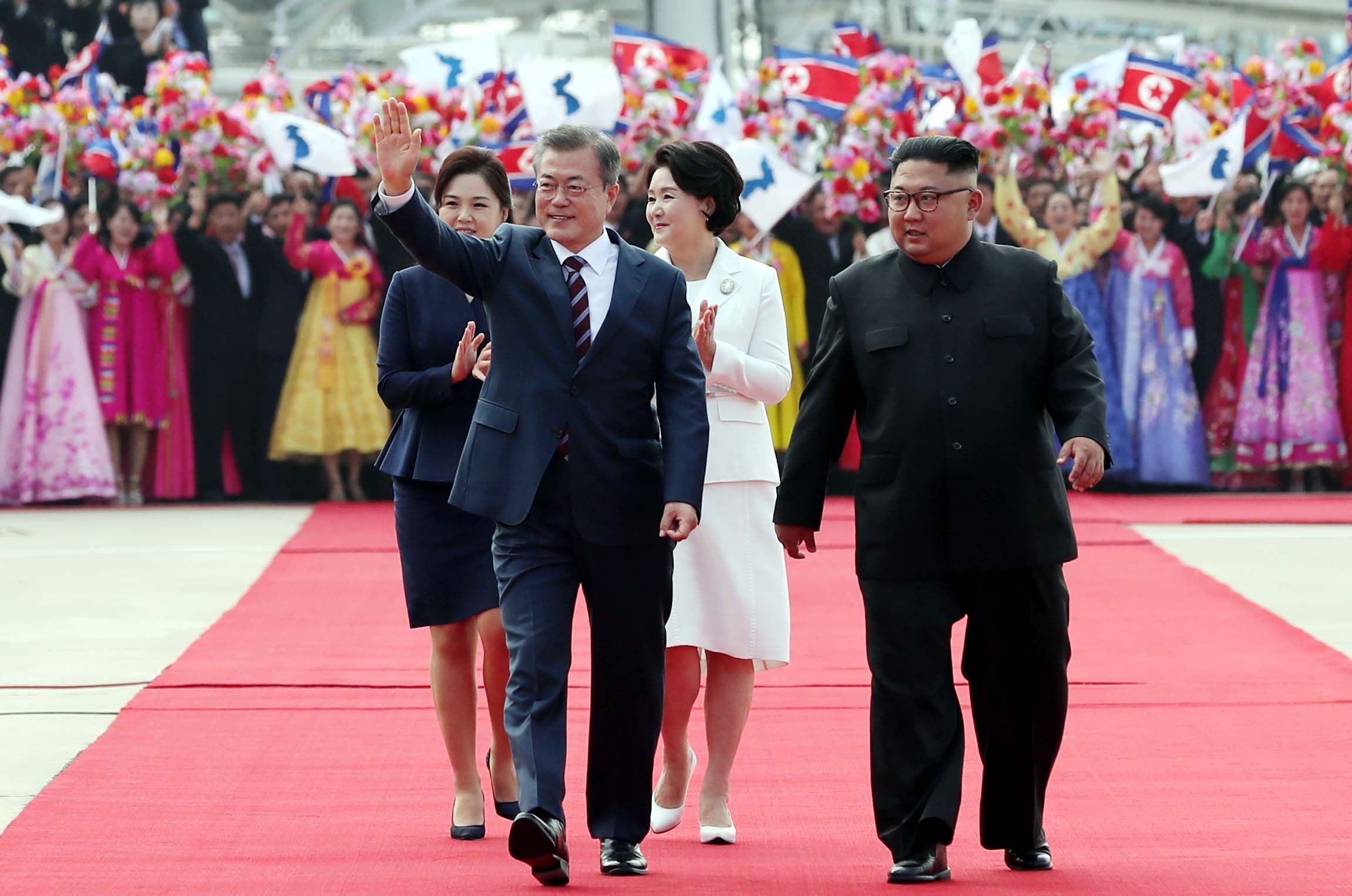
With the second summit between President Donald Trump and Chairman Kim Jong Un of North Korea happening at the end of the month, it is time to consider whether narrow bilateral negotiations on denuclearization are likely to produce results. If recent revelations are indicators of the North’s intent, the prospects are not hopeful. The only reason for this summit is the lack of substantial progress on denuclearization from the first meeting in Singapore last June, whose sole result was to relieve the global pressure that the Trump administration was able to put on Kim Jong Un. There are two fundamental, flawed assumptions in the current U.S. approach. First, it assumes that denuclearization could be narrowly negotiated with Kim Jung Un. To the Kim regime, its nuclear weapons program is not only a guarantee to its survival, but a source of national pride and achievement. Unlike the South’s “miracle on the Han,” the North’s only globally recognizable achievement, although untenable, is its nuclear program. Like past agreements, the North will offer marginal concessions while maintaining its nuclear store. Second, the U.S. fails to see the nuclear issue within the larger strategic framework of unification. It needs to understand that Kim and…